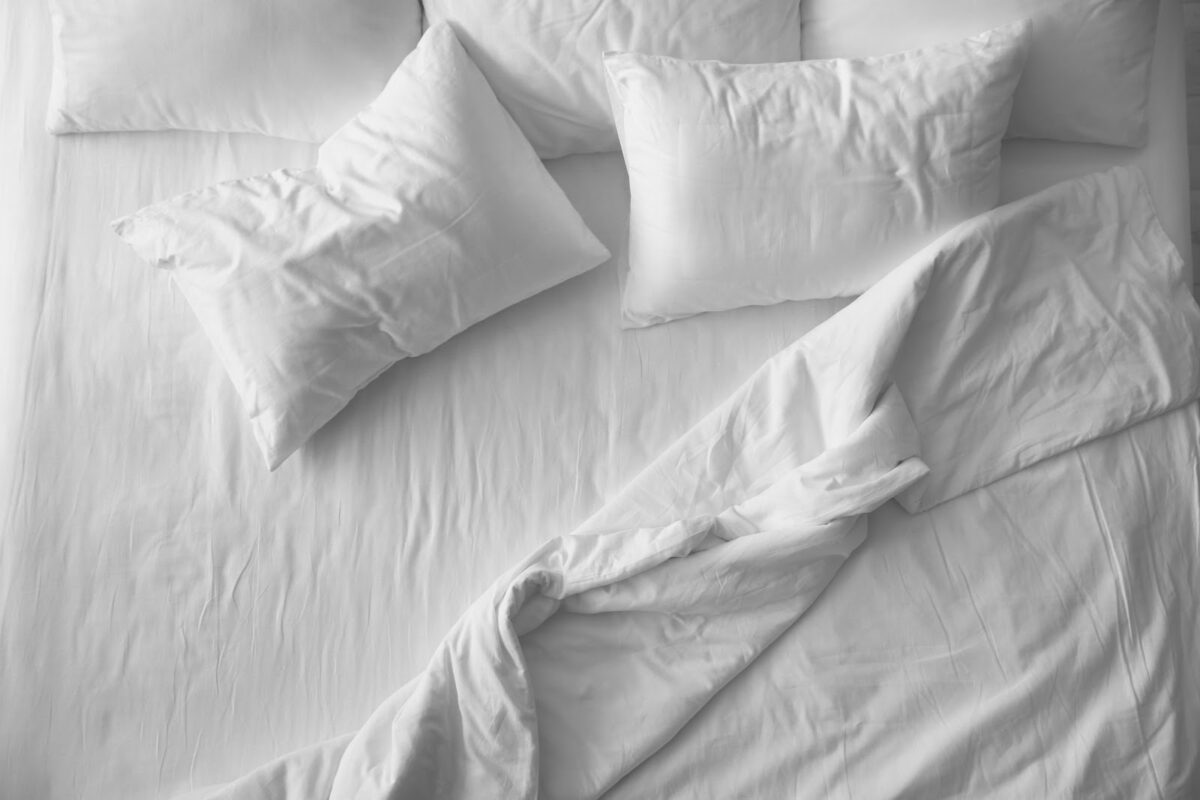6 Lifestyle Remedies for Sleep Apnea

If you find yourself waking up choking, coughing, gagging, or gasping for breath, then it’s possible you may have sleep apnea. Sleep apnea occurs when you stop breathing while asleep. The lack of oxygen causes you to jump awake, and in some cases, you may stay asleep and just snore loudly.
If left untreated, sleep apnea can lead to a number of health conditions. Sleep problems can:
- trigger mental health issues
- contribute to memory loss
- lead to poor immune function
- increase your risk of automobile accident
- increase your risk of heart failure
- contribute to workplace or at-home accidents
Many of these problems are due to interruptions in the sleep cycle, and others are caused by the limitation of oxygen.
The most common sign that you may suffer from sleep apnea is interrupted sleep patterns and snoring. Since sleep apnea occurs when you are sleeping, having someone, like a significant other or roommate watch you sleep can be helpful in your diagnosis. You can also film yourself sleep to monitor your behavior before you wake up.
While surgery, breathing devices, and medication can be prescribed for this issue, your doctor will always suggest that you make changes to your lifestyle. The most common lifestyle changes that your doctor will suggest include:
- Lose Weight: Being overweight greatly contributes to your sleep apnea because the excess weight often puts pressure on your throat. Maintaining a healthy weight keeps pressure off of your throat and opens your airways. Many people find that losing weight completely eliminates their sleep apnea.
- Practice Yoga: Many practice yoga to feel healthier and more relaxed. Yoga can improve your respiratory health and increase oxygen flow. Since sleep apnea occurs when your body is deprived of oxygen, your improved oxygen levels can greatly improve your sleep apnea symptoms. Yoga may also help you learn to breathe better, and it may also help you lose weight.
- Avoid Sleeping on Your Back: More than half of those who suffer from sleep apnea sleep on their backs. Sleeping on your back can cause you to snore because it causes your tongue and soft palate to compress against the back of your throat, which obstructs your airways. By sleeping on your side, your airways remain open.
- Use a Humidifier: Dry air can irritate your nose, throat, and lungs, so using a humidifier can reduce your sleep apnea symptoms. A humidifier will open your airways, decrease nasal congestion, and encourage better breathing.
- Avoid Alcohol and Smoking: Smoking and drinking increase your chances of sleep apnea and snoring because they relax the throat muscles, which obstructs the airways.
- Oral Appliances: Mandibular advancement devices and tongue stabilizing devices can keep your airways open to stop snoring and sleep apnea. Another device, a continuous positive airway pressure (CPAP) device, can eliminate your symptoms.
Sleep apnea can greatly affect your quality of life and overall health. If lifestyle changes are not helping, contact a doctor for sleep disorders in Los Angeles to discuss treatment options that may be better for you.
